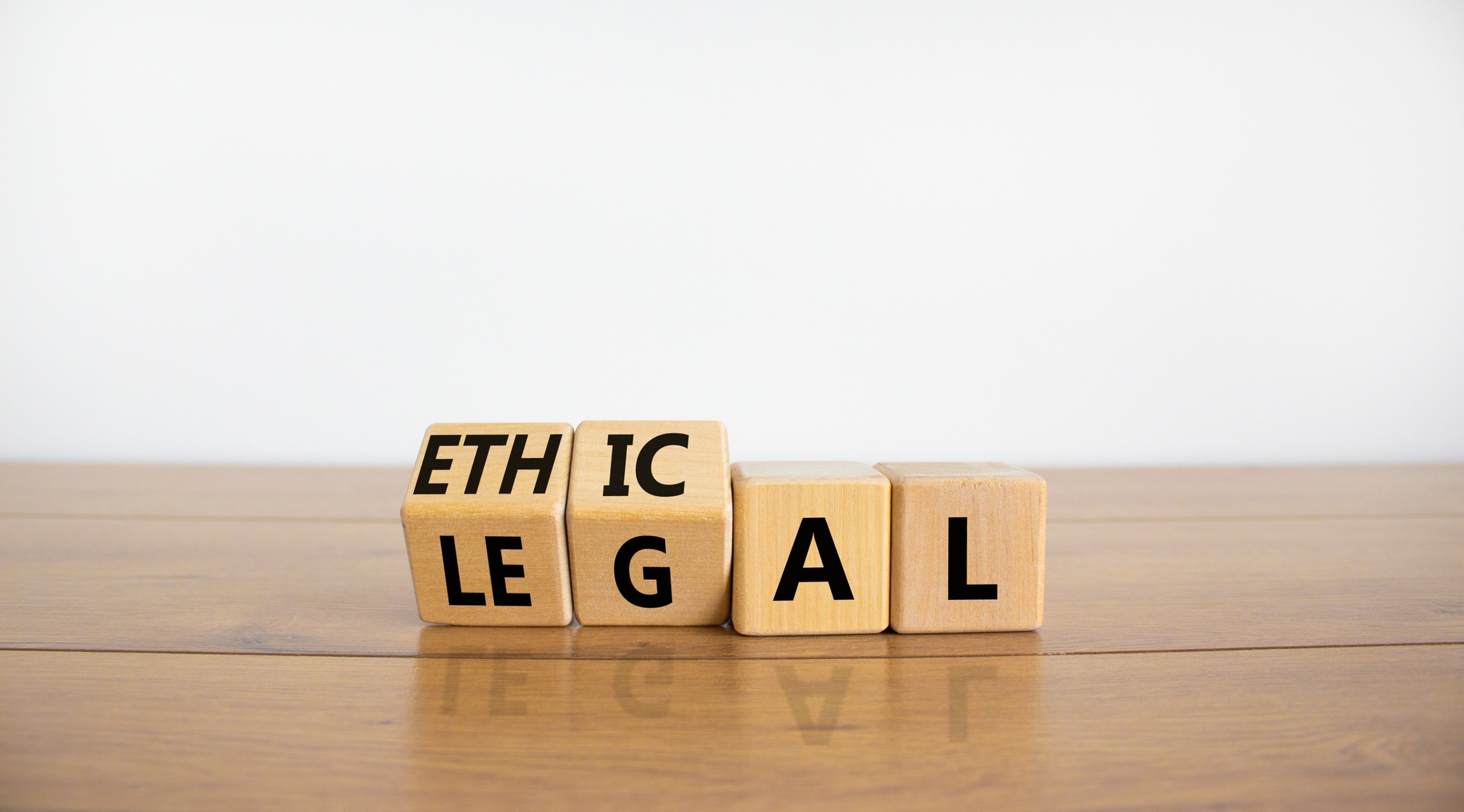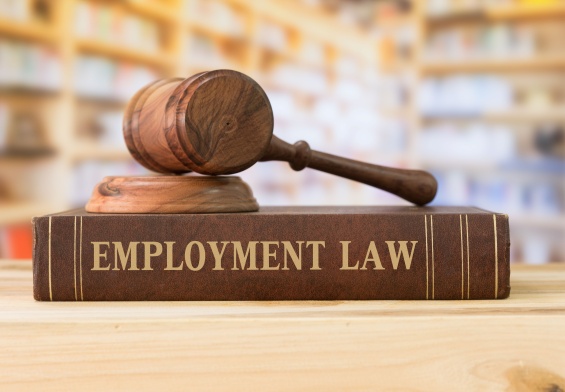The legal profession was built with trust, integrity, and serious compliance with ethical standards. Lawyers play a big part in maintaining the fabric of justice, and in order to keep the public confident in the legal system, their conduct needs to reflect the highest ethical standards. This article will discuss the ethical obligations lawyers have, the core principles they need to uphold, and the challenges they face when navigating complex ethical dilemmas.
The Foundations of Legal Ethics
Definition and Importance
Legal ethics are defined as the standards of professional conduct and moral judgment that guide lawyers’ behavior. These ethical obligations are set by professional bodies like the American Bar Association (ABA) and various state bar associations. Sticking to these standards is important for making sure legal processes are fair and just, as well as for preserving the public’s trust in the legal system.
Historical Context
Key milestones and landmark cases that defined and refined the principles governing lawyer conduct had a huge impact on the evolution of legal ethics. The ABA’s Model Rules of Professional Conduct, first adopted in 1983, provide the framework for ethical practice that has been adopted in several forms across the United States.
Core Ethical Principles for Lawyers
Attorney Confidentiality
Attorney confidentiality is a core, foundational principle of legal ethics. Lawyers must protect their clients’ confidences and not disclose information shared by their clients, regardless of whether it was shared in person, electronically, or through documents, without proper authorization. This duty extends to all information related to the representation of a client, making sure clients can trust their lawyers with sensitive and potentially damaging information during the entire litigation process from start to finish.
Avoiding Conflicts of Interest
Conflicts of interest can negatively impact a lawyer’s ability to represent their clients effectively and impartially. Lawyers are required to avoid situations where their interests or those of another client could adversely affect their representation. This includes assessing whether there are any conflicts of interest when taking on new clients, for example. That being said, lawyers may be able to continue representation without avoiding conflicts of interest in certain situations after obtaining informed consent from their client.
Duty to the Court
Lawyers have a fundamental obligation to maintain the legal system’s integrity. This includes telling the truth in all court-related communications and representations to the court (including social media), following court orders, and not compromising the judicial process or administration of justice. Compliance with court orders and procedures is essential for keeping the legal system effective and authoritative.
Professional Conduct and Responsibilities
Professionalism and Civility
Professionalism in law is an important element that helps maintain a fair and efficient legal system. Lawyers must treat opposing counsel with respect and courtesy, adhere to court rules, keep correspondence timely, as well as present their arguments clearly and concisely. Personal attacks and disparaging comments diminish the professional atmosphere and can negatively impact a case’s outcome.
Competence and Diligence
There’s an expectation for lawyers to maintain a high level of competence through ongoing education and staying up-to-date on legal developments. This demonstrates lawyers’ commitment to professional development and providing the best possible representation to their clients, as well as upholding the standards of the legal profession.
Obeying Court Orders
It’s critical for lawyers to comply with any and all court orders to maintain ethical conduct in law. They must adhere to deadlines, respond to document requests, and follow specific actions ordered by the court. Disregarding court orders can result in severe penalties such as sanctions and contempt of court charges, which can negatively affect the client’s case and the lawyer’s reputation.
Ethical Challenges and Dilemmas
Dealing with Unethical Requests
Lawyers may get requests from their clients that involve illegal or unethical activities. In these situations, lawyers have a duty to seek additional information to avoid being complicit in criminal or fraudulent conduct. Failure to make a reasonable inquiry can result in “willful blindness,” for which lawyers can be punished under professional conduct rules.
Whistleblowing and Reporting Misconduct
Reporting misconduct by colleagues or clients poses significant challenges to legal ethics. Lawyers must find a balance between their duty to report unethical behavior with their obligations of confidentiality and loyalty. There are professional guidelines that can help with making these difficult decisions, making sure that lawyers can act ethically without compromising their professional responsibilities.
Balancing Zealous Representation and Ethical Boundaries
While lawyers are expected to represent their clients zealously, this must be balanced with the constraints present in the world of legal ethics. Undertaking unethical conduct to influence more favorable outcomes for a client undermines the integrity of the legal profession and can lead to severe professional consequences.
Promoting Diversity and Inclusion
Encouraging Diverse Hiring Practices
Diversity in legal profession includes important steps that need to be taken for the legal profession to thrive. Law firms and legal organizations can promote diversity with inclusive hiring practices and talent from diverse backgrounds. This allows representation from various perspectives and contributes to a more comprehensive and just legal system.
Supporting Underrepresented Groups
Mentoring and supporting attorneys from diverse backgrounds also helps promote diversity in legal profession. By offering guidance and opportunities for professional development, the legal profession creates an environment that’s supportive of all members.
Avoiding Unethical Conduct
Recognizing Red Flags
Identifying potential legal ethical dilemmas and other ethical violations is essential for maintaining professional integrity. Lawyers must stay vigilant to be continuously avoiding conflicts of interest, taking questionable client requests, and other red flags that may indicate unethical behavior. Taking proactive steps to address these issues can prevent disciplinary actions and protect the lawyer’s reputation.
Consequences of Unethical Behavior
Unethical conduct can result in severe disciplinary actions, like suspension or disbarment. Understanding the long-term impact of such behavior on a lawyer’s career demonstrates how important it is for them to adhere to ethical standards. Embracing ethical conduct like this keeps the legal profession respectful and trustworthy.
Ethical Conduct in Law
Ethics are the cornerstone of the legal profession, providing guidance for lawyers in their duties to clients, the court, and society. By maintaining these high ethical standards, lawyers can keep the public’s trust, promote justice, and contribute to a fair and effective legal system. Strictly adhering to these principles is essential for the integrity and reputation of the legal profession.




